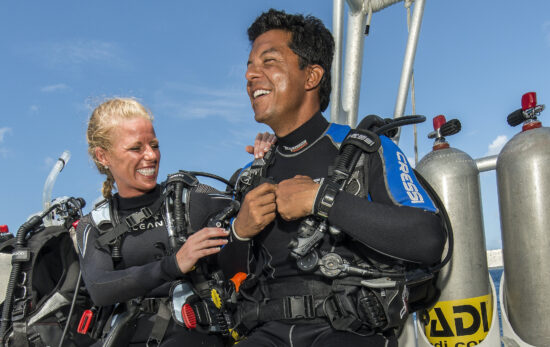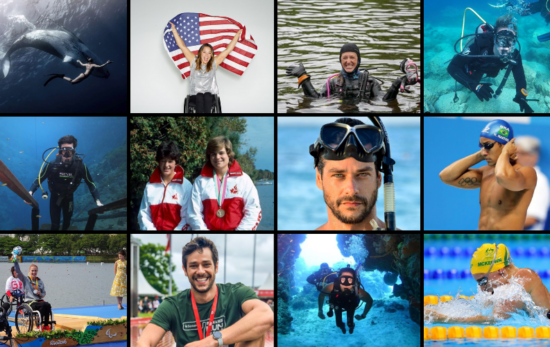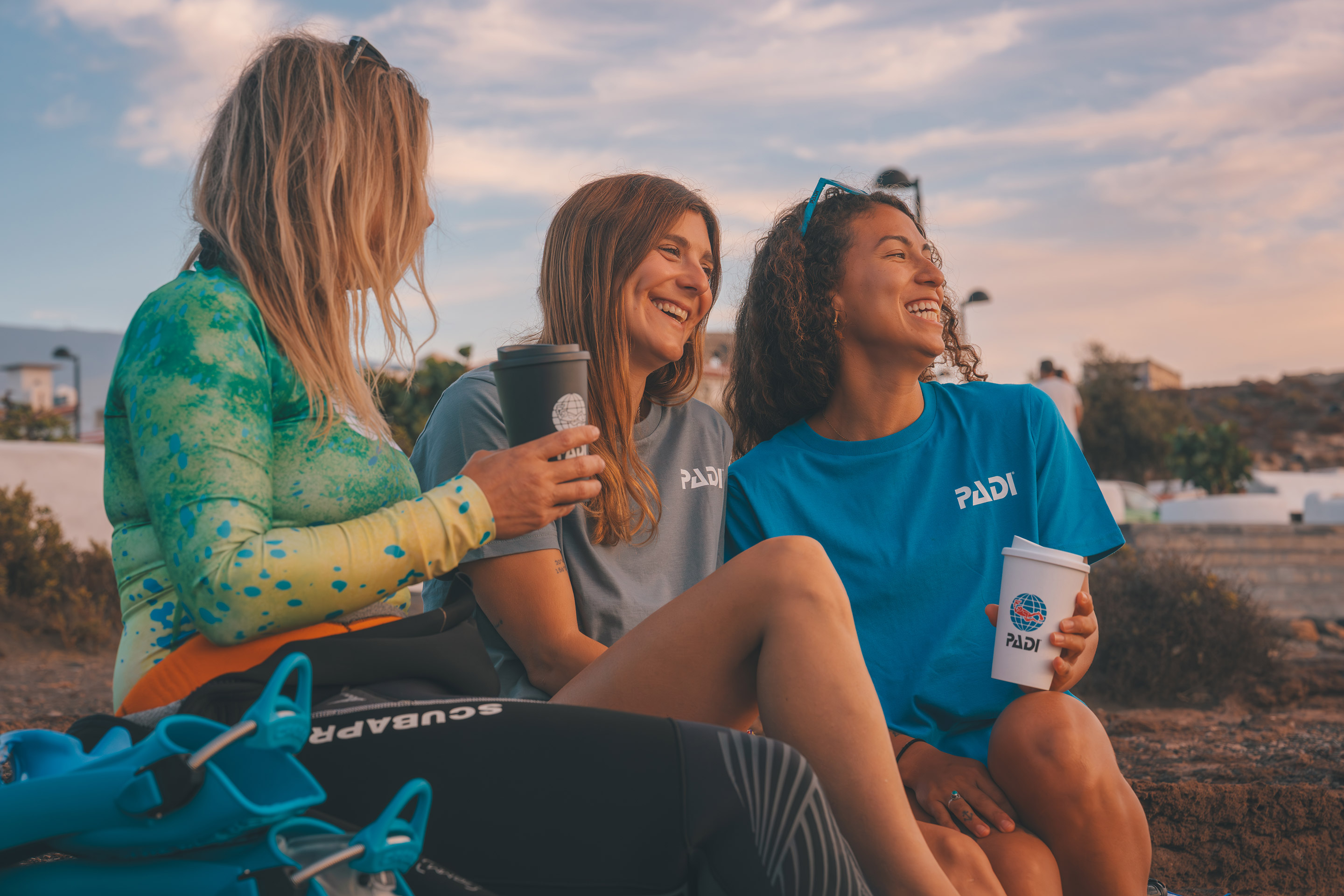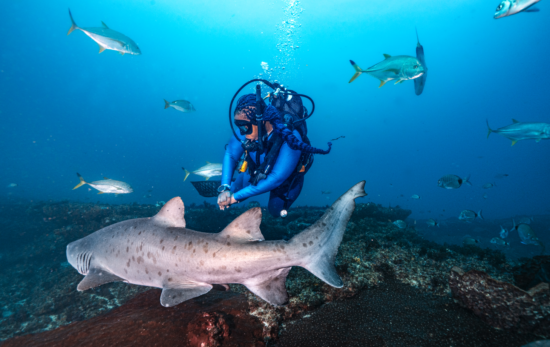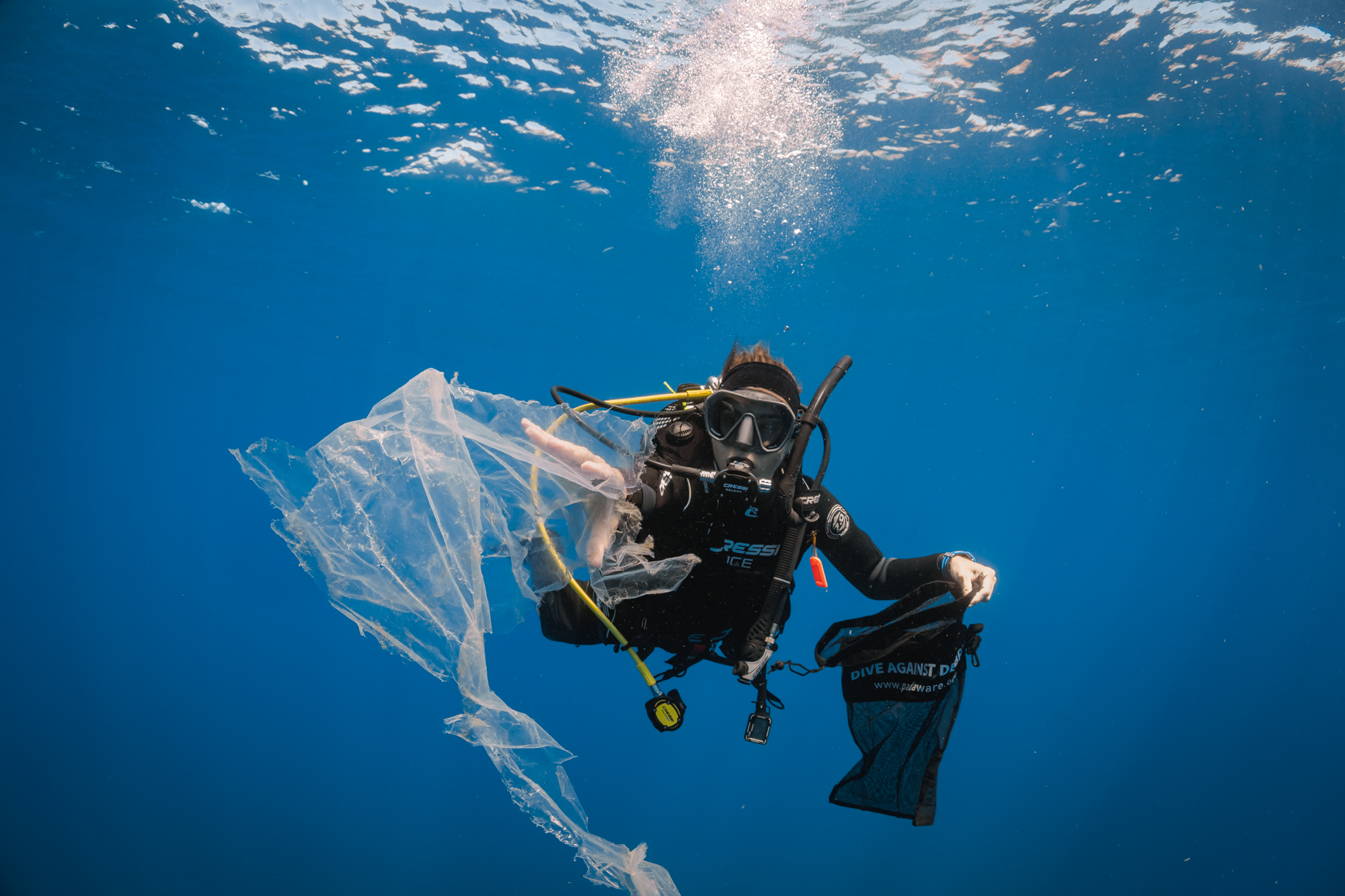For those of you above a certain age, can you remember what you were doing in 1988? I may have been unsuccessfully trying to pull off the pastel jacket and sockless slip-on shoe fashion of Sonny Crockett. It was the year that NYPD officer John McClane saved the Nakatomi Plaza skyscraper from terrorists, a rabbit called Roger managed to prove his innocence and it was the year that launched something that had consequences decades later. On the 17th July 1988, the Discovery Channel launched Shark Week. And here we are, 33 years later, while many aspects of life have altered beyond recognition, Shark Week remains unstoppable as a T-1000 (ok, so that reference is from 1991 and not 1988, that period of history blurs into one for me).
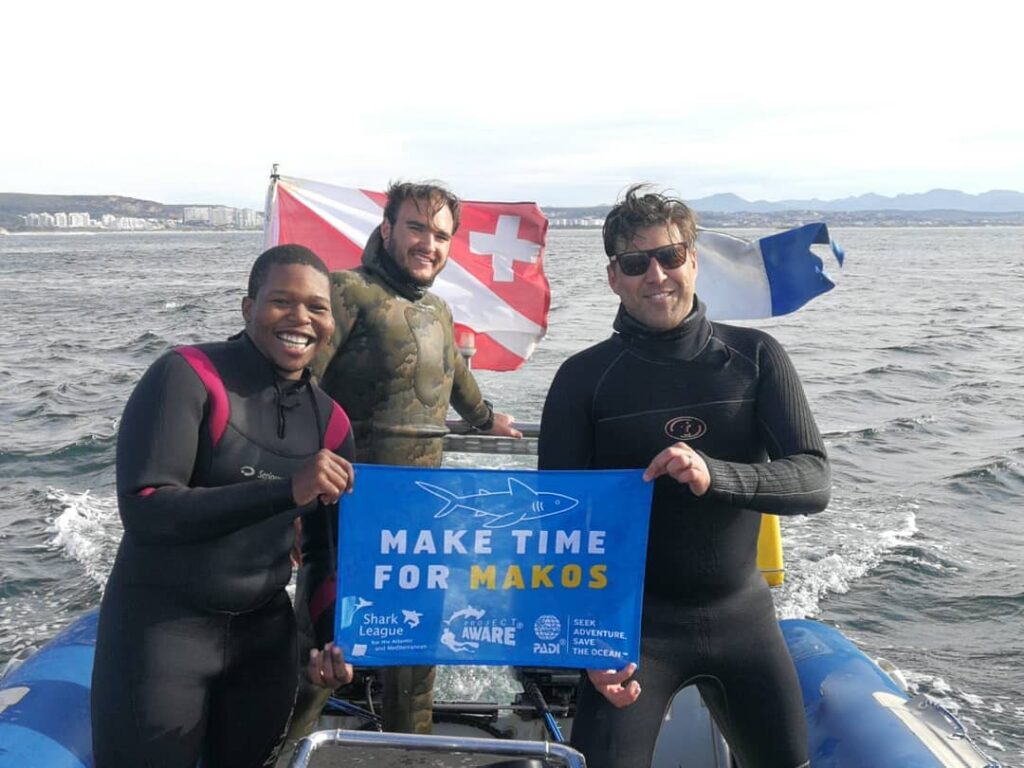
While the individual shows on shark week range from staples such as celebrity-led encounters, such as this year’s feature of William Shatner diving with sharks (I expect at least one “to boldly go” comment), the jumping sharks of the Air Jaws series as well as some more bizarre premises like “can a Sharknado really happen?” (I’d like to see my weather app predict that), viewers of Shark Week could be forgiven if they were under the impression that there were only a couple of different species of sharks, and that most people who work in the elasmobranch (look it up) field are only concerned with great white, tiger and hammerhead sharks. While the great and scalloped hammerheads are classed as critically endangered, great white and tiger sharks are at the safer end of the extinction risk spectrum.
There are approximately 500+ different species of sharks, from apex predator to scavenger to filter feeder. There are egg layers and those that give birth to live young. They are found in warm tropical seas to the icy Arctic Ocean. They reside in shallow coastal waters and out in the deepest ocean hundreds of miles from the nearest land. Also, not every species of shark is facing imminent extinction. Some species, such as the amazing, land-walking epaulette shark or the elusive megamouth shark (seen on the widely admired Shark Week show “Alien Sharks”) are classed as Least Concern on the IUCN Red List of Endangered Species. But unfortunately, the overall prognosis for many species of sharks is grim. This year, scientific studies indicated that populations of oceanic sharks have declined by up to 70% since the 1970s, and over 300 different species of sharks (and their closely related cousins the rays, skates and chimaeras) are facing an increased threat of extinction. Some of the major threats they face are habitat loss and climate change, but the overwhelming challenge is that of overfishing.
One such species that is in rapid decline due to overfishing are mako sharks in the North Atlantic. Targeted by commercial fishing fleets from the EU and US, their populations are in freefall, so much so that the most recent scientific analysis indicates that if a ban on fishing Atlantic mako sharks was introduced today, it would still take decades for populations to recover. Fish in the Atlantic are commercially exploited by many countries, including the US, EU Member States, China, South Africa and Brazil among many others. The fisheries are managed through the International Commission for the Conservation of Atlantic Tunas (ICCAT), where each country has a say in how all commercially caught fish species, including mako sharks, are meant to be managed. Unfortunately, all it takes is for one country to object to a management measure for there to be an impasse, and for too long, the US and EU have blocked measures put forward by countries such as Canada and Senegal to protect makos.
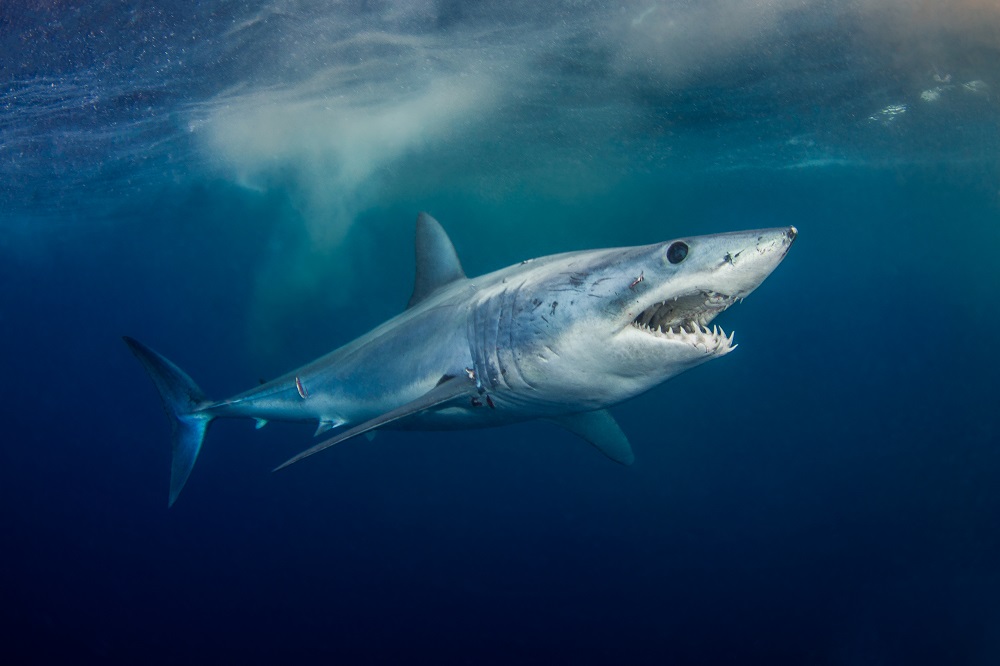
Some countries, like Brazil and South Africa, haven’t publicly supported or objected a ban on fishing mako sharks, and it is here that there is cause for cautious optimism. Since January this year, 28 PADI recreational dive centres in South Africa and Brazil have been running shark conservation courses for divers to learn more about the threats sharks face. They have been asking their divers to get in touch with their respective ministers to demand that they take a stand to protect mako sharks. Since January, over 400 photos of shark-supporting divers have been sent into us, and in South Africa, the sheer volume of divers contacting the government has led to a response from the minister stating that they will look into supporting the mako measure in the Atlantic. We will make sure that the minister knows that we need them to support the measure and make a public statement.
It’s not too late if you want to find out how your country stands on the mako issue. The Shark League, a coalition of NGOs that we can proudly call ourselves a member, has a handy map showing champions, obstacles and the silent. Regardless of whether your country is a champion, obstacle or silent, get in touch with them and let them know. If you live in an EU Member State, it’s particularly important to contact your country’s ministry, as the EU position is mainly to support the Spanish and Portuguese commercial fisheries, so the EU’s position isn’t reflecting the views of every country. The Shark League have developed a very handy and easy to use map of the EU where you can contact your ministers and MEPs directly with a simple click of your mouse.
“Ian, thanks for these lovely tips, but what else can I do?” I hear you hypothetically collectively ask yourselves for the sole purposes of narrative coherence for this blog. Well, there are a few simple things you can do that will help us immediately. Firstly, we always need a louder voice globally, so sign our mako petition. This may seem like a simple thing, and sometimes people question whether a petition has any value. I can say that it does. The more people we have backing us, the more of a voice we have for civil society when we are representing you at policy negotiations. Your support is vital. And, what if you’ve already supported us through all of these avenue? Well, then I have some more good news for you.
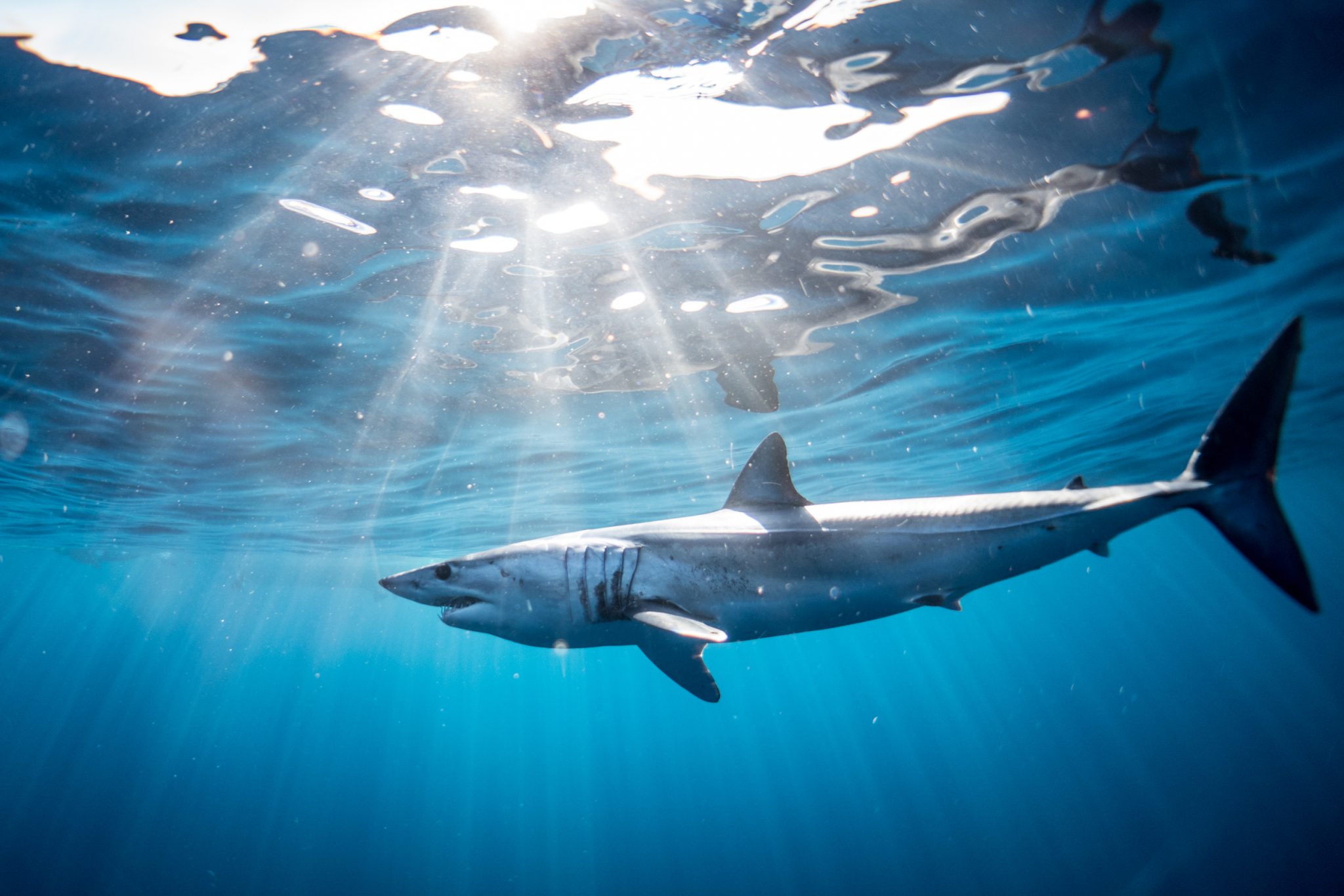
The PADI AWARE Foundation is expanding our shark work, and we have exciting plans to launch a global citizen science project by the time we reach Shark Week 34. While we realise that the current global situation is difficult for many people, we would not be able to function without your generous support. If you are able to donate any amount, no matter how small, then we will be able to continue our work protecting these magnificent and important species. With enough pressure and your support, we can hopefully ensure there will still be makos in the Atlantic when Shark Week celebrates its next 33 year anniversary.
Play Your Part in Shark Conservation
Are you interested in helping out the second most vulnerable group of animals on the planet? If so, you can donate to the PADI Aware Foundation. Or click below to discover more about this important program and how it’s driving local action for global ocean conservation.
Guest blog written by Stefania Di Dio
